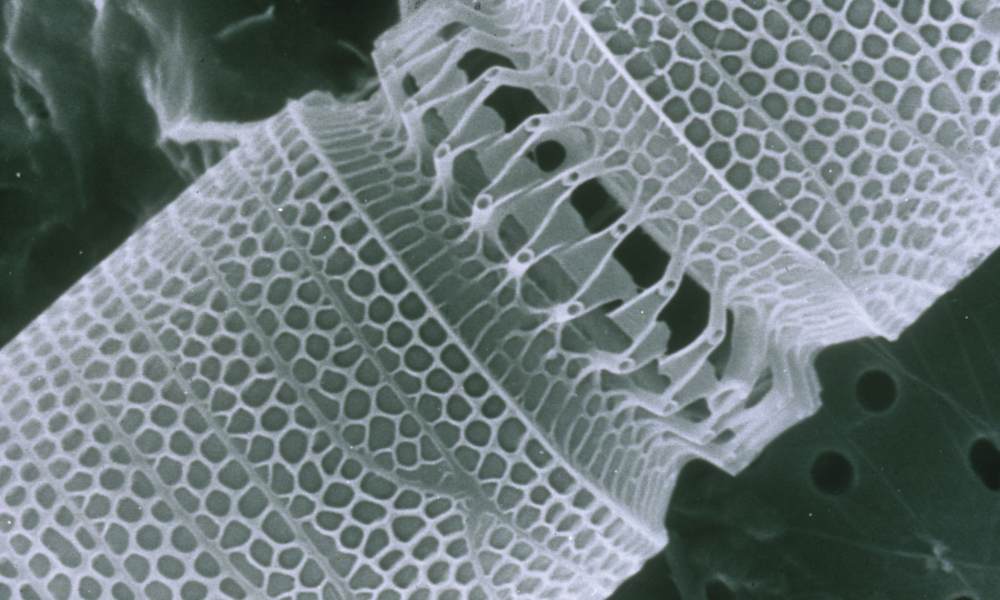PHYS 534 Nanoscience and Nanotechnology
This course, taught by professor Peter Grutter, aims to provide an overview of nanotechnology, a field that studies and manipulates incredibly tiny materials, ranging from one to 100 nanometres in length. To put this in perspective, a DNA double helix is typically 10 nanometres wide, and a single virus can be around 100 nanometres in diameter. Nanotechnology has a wide range of applications, from nanoelectronics to drug delivery. PHYS 534 discusses scanning probe microscopy, a revolutionary method for collecting surface information from nanomaterials to study their form and composition. Grutter’s own research involves developing microscopes to advance nanotechnology. The course also covers chemical self-assembly, computer modelling, and the field of microfabrication, which aims to create and alter nanomaterials.
GEOG 325 New Master-Planned Cities
What if you could build a city from the ground up, considering the latest research in urban planning, balancing the local concerns of your population and landscape, and optimizing for environmental efficiency? Increasingly, governments across the globe have been constructing cities from scratch, which can create more functional cities with higher quality of life and lower environmental impact. But designing a place where tens of thousands of people will live and work is no easy task, and some argue that these cities, which often have private money behind them, have a sinister socio-political side. This course, taught by professor Sarah Moser, explores these issues, looking at the design of master-planned cities, their cultural politics, and the impacts of their construction.
PHGY 518 Artificial Cells
There’s no better place to study artificial cells than the place where they were invented. Artificial cells, a broad term for a variety of human-made materials that replicate the properties of natural cells, have revolutionized the field of medicine since they were invented here at McGill in the late 1950s by Dr. Thomas Ming Swi Chang. Chang was an undergraduate at the time and used improvised materials to create a permeable membrane to contain hemoglobin. Chang has been a major figure in the field of artificial cells ever since and is currently the course supervisor for PHGY 518. Today, the applications of this technology include blood substitutions and drug delivery, with ongoing research working towards the goal of assembling an artificial cell that could properly be called ‘alive.’
COMP 545 Natural Language Understanding with Deep Learning
With the public release of OpenAI’s groundbreaking ChatGPT last year and the rapid advancement of human-machine interactions, computer science is one of the hottest areas of innovation, making McGill’s computer science department one of the most futuristic branches of the university. They offer a variety of classes covering AI, large language models, and neural networks, including COMP 545, which focuses on natural language understanding (NLU). NLU is a field dedicated to allowing computers to not just process and use language but also to ‘understand’ it, which requires getting at the very fundamentals of meaning in language and finding innovative ways for computers to interface with it. The course is taught by professor Siva Reddy, whose research focuses on natural communications between humans and machines.
ASPL 637 Space Law: General Principles
McGill boasts an entire institute devoted to air and space law, a developing field that has a wide range of applications, including aviation regulations, satellite-based telecommunications, and the potential militarization or commercialization of outer space itself. ASPL 637, which provides a general overview of space law, is taught by Professor Ram Jakhu, who among other things sits on the Board of Directors of the International Institute of Space Law and has edited a large-scale study on global space governance. The course looks at Canadian elements of space and communication law, as well as international law and telecommunications at a global scale.






